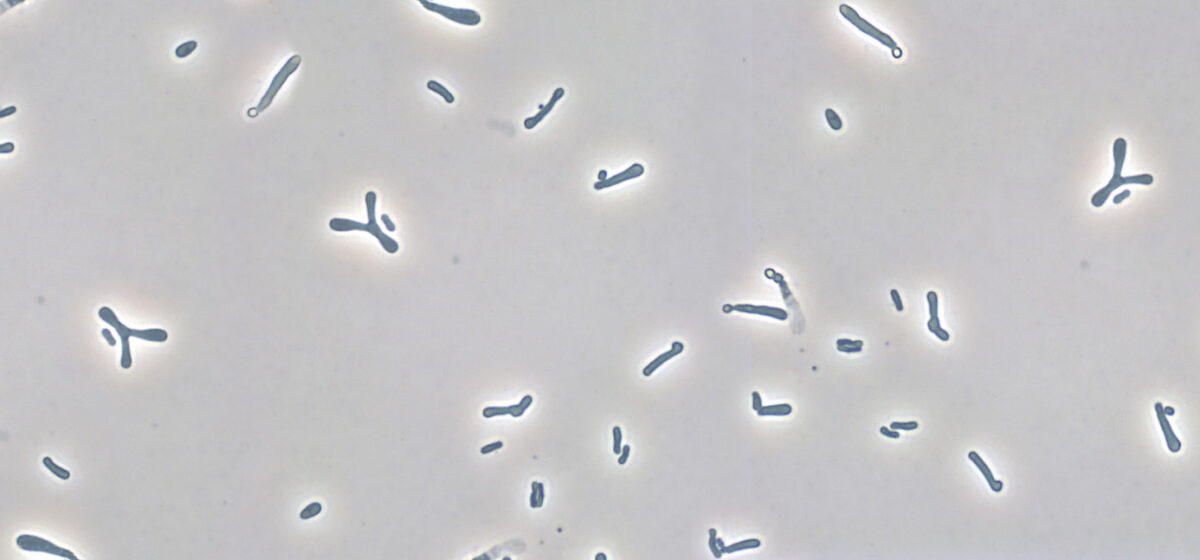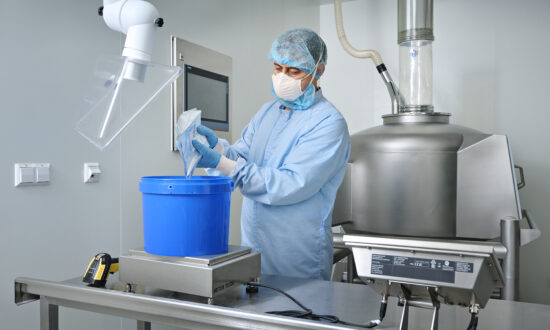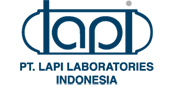IPA consumer survey concludes: European consumer wants to be better informed about probiotics

Consumers across Europe are well familiar with the word ‘probiotic’, but feel they are insufficiently informed about the probiotics contained in products. In countries where consumers feel better informed, a larger share does consume probiotics for better health and wellbeing. Very often the information on when and how to use them comes from healthcare professionals. However consumers find no corresponding information when looking at product labels.
These are the main results of an online survey assessing people’s understanding of the probiotics currently offered on the market and their use in everyday life.
The survey was carried out on behalf of the International Probiotics Association (IPA) in eight European countries on a total of 8,000 consumers of 18 years and older. IPA calls for a coherent EU regulatory approach for probiotics that allows for better education of consumers on the correct use of these living organisms.
Who are the probiotic consumers?
Women and men appear to consume probiotics almost equally. On average the consumption peak is in the 25-44 years group. Italy, Poland, and Germany have a relatively high usage in the 55+ group. Denmark stands out with almost 80% of the users being younger than 45 years. Usage of probiotics differs considerably between countries, even within Europe. The largest proportion of probiotic food and supplements consumers, 59%, was found in Poland. Other countries where probiotics enjoy high popularity are Spain and Italy (44% each), followed by Belgium (29%), and the Netherlands and Sweden (27% each). The lowest rate was found in Denmark, where only 19% of consumers use probiotics.
High familiarity with the term ‘probiotics’
The term ‘probiotics’ is highly recognized across Europe. The use of probiotics seems to be related to this; consumers in Poland, Spain and Italy (resp. 78%, 67%, 62%) are best aware of what probiotics are, while Danish consumers are the least (32%).
On the other hand, consumers are currently more familiar with the term ‘live bacteria’ or ‘live cultures’ than with the term probiotics. This is probably due to the fact that the term ‘probiotic’ is not allowed in most EU countries (Poland, Germany, Belgium, Sweden). Strikingly, although Poland prohibits the use of the term ‘probiotic’, it is the country with the highest awareness.
Consumers feel not informed
In seven out of eight countries, consumers feel uninformed that a product contains probiotics. Poland is the only market where the majority feel well informed (55%). The large majority of European consumers (79%) state that they would like to see the term ‘probiotic’ indicated on food and food supplement packaging. Consumers that both know what probiotics are and consume them say that their main driver for consumption is overall health and wellbeing. Consumers that know what probiotics are, but do not (know if they) consume them, mainly refer to probiotics’ beneficial effect on bacterial flora, digestion, and the stomach. Very often the indications to use probiotics come from healthcare professionals. However consumers find no corresponding information when looking at product labels.
IPA calls for coherent EU regulatory approach for probiotics
IPA concludes that the need for a coherent EU regulatory approach for probiotics goes together with the opportunity to further inform and educate consumers on the correct use of these microorganisms. The high level of uncertainty about most probiotic health claims found online hinders the rational use of probiotics, leaving the field open to unsubstantiated allegations and misuse. Information and education can be a key to consumer understanding and use.
More results from the survey on the IPA website.







